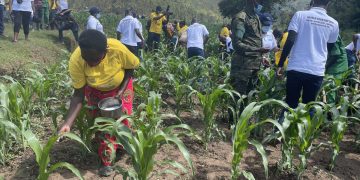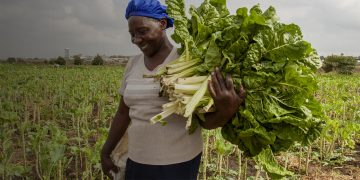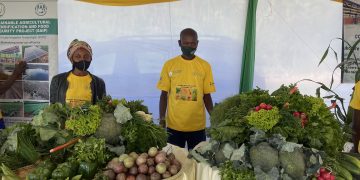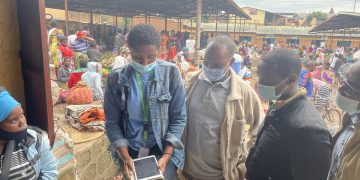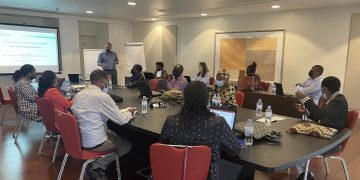International fertilizer prices have increased rapidly since 2020 due to multiple factors. This note assesses the impact of these price increases on Rwanda’s agriculture sector, with an emphasis on implications for crop production, subsidy costs, and the Government of Rwanda’s agricultural budget.
Public investment prioritization for Rwanda’s inclusive agricultural transformation: Evidence from rural investment and policy analysis modeling
This study provides evidence that is designed to assist the Government of Rwanda in its selection of agricultural policy, investment, and expenditure portfolios that reflect the country’s broad focus on its food system and structural transformation. This process of prioritization will need to incorporate multiple public investments targeting multiple development outcomes and will need to be grounded in the cost-effective use of public resources in a largely market-led transformation process.
Assessing market price dynamics during the COVID-19 pandemic in Rwanda
The COVID-19 pandemic and the economic policy measures taken to prevent its spread led to a global recession in 2020 that was expected to cause significant increases in poverty and food insecurity in many countries. Households were expected to experience a “double whammy” of decreased incomes and rising food prices. This policy note examines whether food prices rose in Rwanda since the COVID-19 pandemic began in early 2020.
Price Dynamics for Agriculture and Nutrition Policy – an IFPRI Rwanda Learning Event
How do market price dynamics play a role in the agriculture and nutrition sectors? Can market price fluctuations for staple and nutrient-dense food items affect market performance, value chain development, and food and nutrition security? These questions and more were asked in the recent IFPRI Rwanda learning event on Price Dynamics for Agriculture and Nutrition Policy.
Market Policy and Value Chain Analysis – an IFPRI-Rwanda Learning Event
IFPRI-Rwanda recently hosted a learning event on Market Policy and Value Chain Analysis, exploring how agricultural and livestock markets and value chains are changing rapidly, both locally and globally, and how best to capture that momentum in Rwanda.
